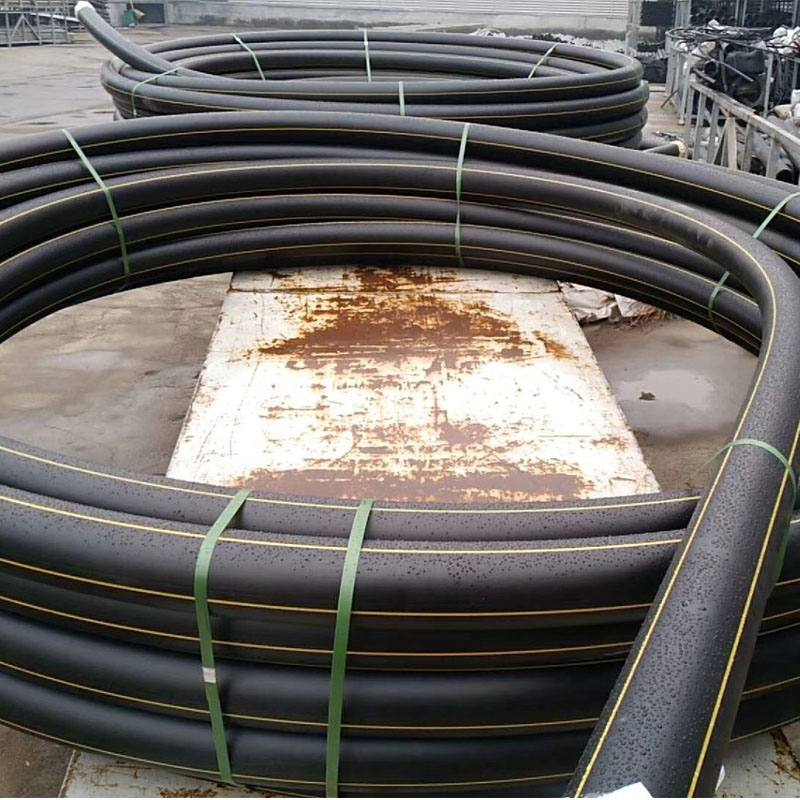Oct . 06, 2024 19:50 Back to list
300mm pvc pipe factory
The Manufacturing Process of 300mm PVC Pipes A Comprehensive Overview
In the modern construction industry, polyvinyl chloride (PVC) pipes have become a standard choice for various applications, ranging from plumbing to drainage systems. Among the different sizes available, 300mm PVC pipes are particularly popular due to their versatility and robustness. This article explores the manufacturing process of 300mm PVC pipes, from raw material selection to the final product.
Raw Materials and Preparation
The primary raw material for producing PVC pipes is polyvinyl chloride resin, which is a type of plastic derived from crude oil. To enhance the properties of the pipes, additives are incorporated into the PVC resin. These additives can include stabilizers, lubricants, impact modifiers, and colorants. The mixture is prepared in a controlled environment to ensure consistency and quality.
Before the actual manufacturing begins, the raw materials are thoroughly mixed. This process often involves the use of specialized blending equipment to achieve a homogeneous material. The right formulation is crucial as it directly affects the mechanical properties, chemical resistance, and overall durability of the finished product.
Extrusion Process
The extrusion process is the backbone of PVC pipe production. The prepared PVC mixture is fed into an extruder, a machine designed to melt the plastic and shape it into a continuous pipe. The extruder has a rotating screw that generates heat and pressure, allowing the PVC to melt and become pliable.
Once the PVC is in a molten state, it is forced through a die that shapes it into the desired diameter—in this case, 300mm. This die is precisely engineered to ensure that the pipe maintains its round shape and consistent thickness throughout its length. Cooling is an essential step in this process. After exiting the die, the newly formed pipe is cooled using water or air to solidify it quickly.
Sizing and Cutting
300mm pvc pipe factory

After cooling, the extruded pipe is guided through a series of sizing and calibration units. These units ensure that the pipe maintains the correct diameter and wall thickness. Measurement sensors constantly monitor the diameter of the pipe to ensure it meets specified standards. Any deviations are promptly corrected to maintain quality control.
Once the sizing is complete, the pipe is cut into desired lengths. This cutting process can vary based on customer requirements, with common lengths being 5 to 6 meters. Precision in this step is vital to avoid wastage and ensure uniformity in the final product.
Quality Control
Quality control is an integral part of the manufacturing process. Each batch of 300mm PVC pipes undergoes rigorous testing to ensure they meet industry standards and regulations. Tests may include pressure testing, impact resistance, and chemical exposure assessments. These tests help verify that the pipes will perform adequately in real-world applications, satisfying customer expectations and safety standards.
Packaging and Distribution
Once the pipes pass quality control inspections, they are prepared for packaging. Proper packaging is essential to protect the pipes during transportation. Companies often use shrink-wrapping or bundling techniques to secure multiple pipes, ensuring that they arrive at their destination intact and ready for installation.
After packaging, the pipes are distributed to various markets, including construction sites, plumbing suppliers, and home improvement retailers. Companies often maintain robust logistics networks to ensure timely delivery and customer satisfaction.
Conclusion
The manufacturing of 300mm PVC pipes is a sophisticated process that combines advanced technology with rigorous quality control measures. From raw material selection to extrusion, sizing, and final packaging, every step in the process is crucial to producing high-quality pipes that meet the diverse needs of the construction industry. As demand for durable and efficient plumbing solutions continues to rise, the importance of such manufacturing processes will only increase, solidifying PVC pipes as a cornerstone of modern infrastructure.
-
High-Quality PVC Borehole Pipes Durable & Versatile Pipe Solutions
NewsJul.08,2025
-
High-Quality PVC Perforated Pipes for Efficient Drainage Leading Manufacturers & Factories
NewsJul.08,2025
-
High-Quality PVC Borehole Pipes Durable Pipe Solutions by Leading Manufacturer
NewsJul.08,2025
-
High-Quality PVC Borehole Pipes Reliable PVC Pipe Manufacturer Solutions
NewsJul.07,2025
-
High-Quality UPVC Drain Pipes Durable HDPE & Drain Pipe Solutions
NewsJul.07,2025
-
High-Quality Conduit Pipes & HDPE Conduit Fittings Manufacturer Reliable Factory Supply
NewsJul.06,2025

